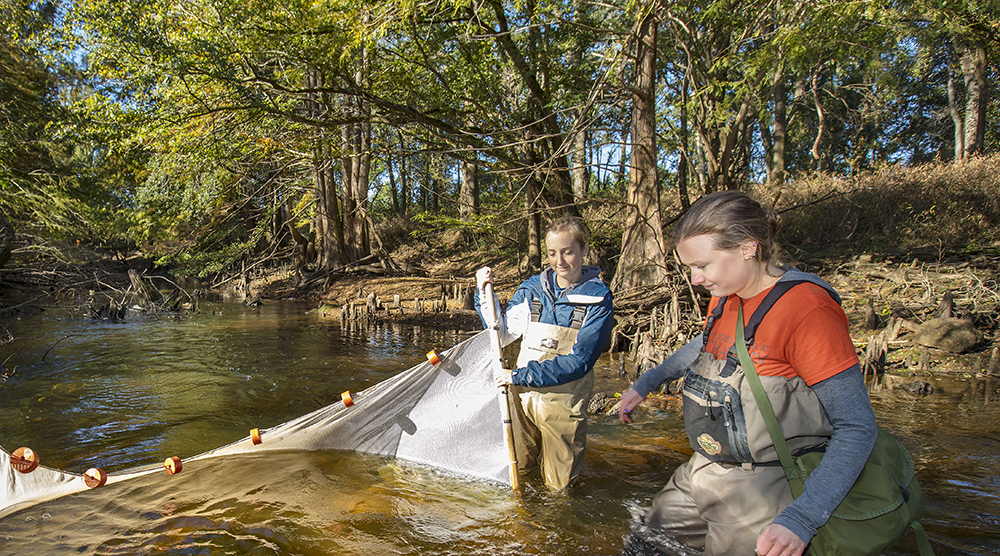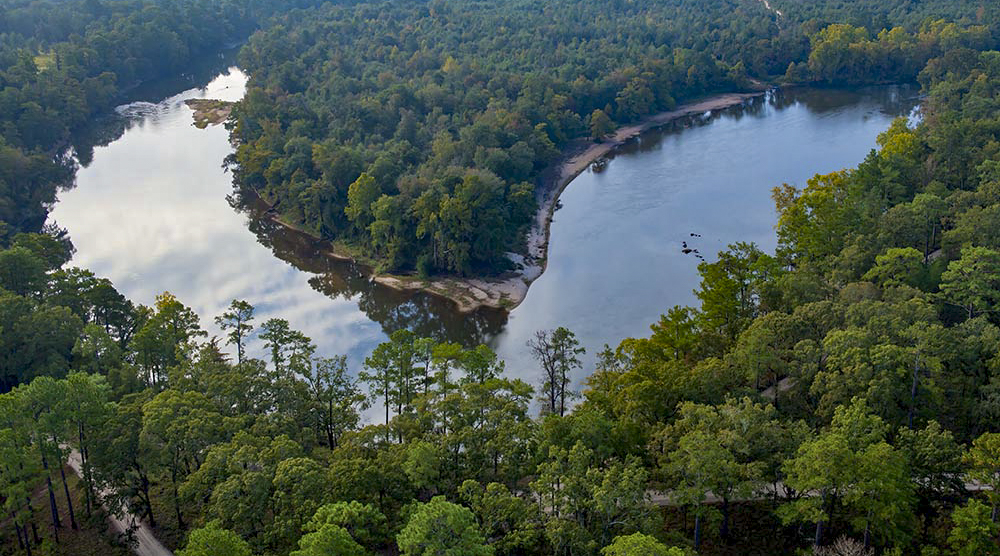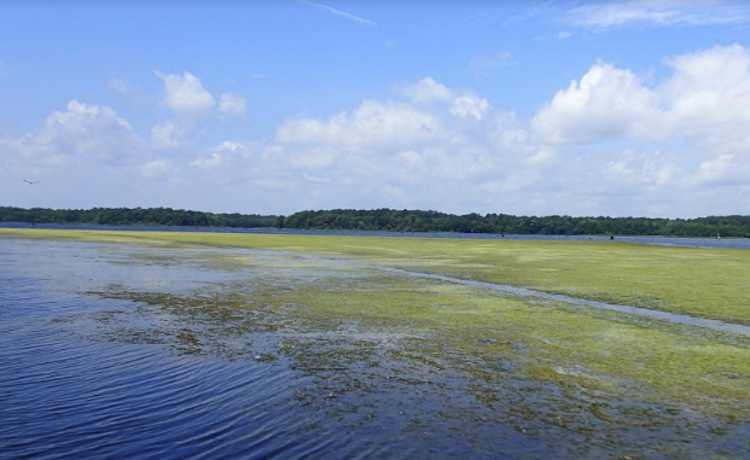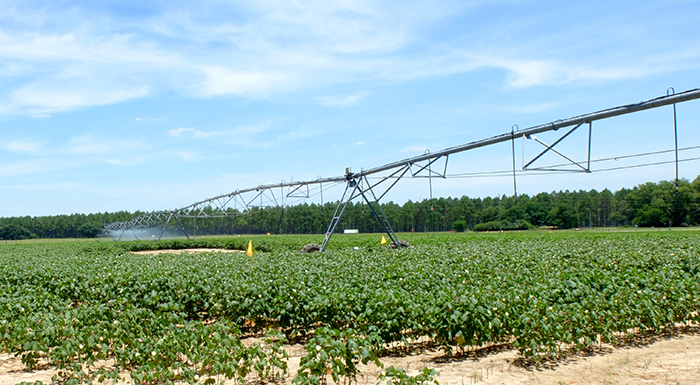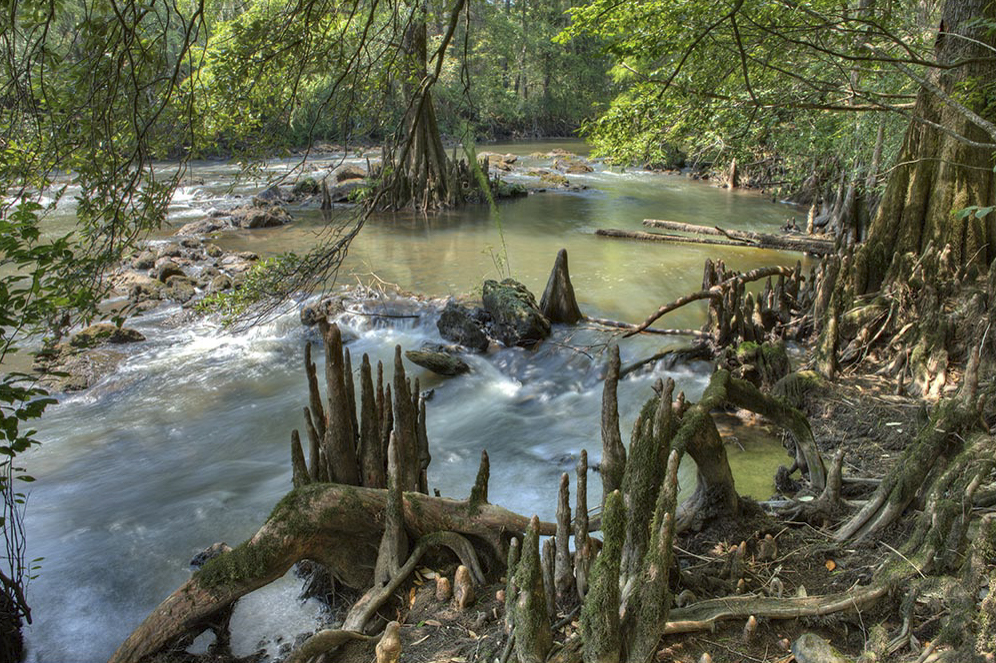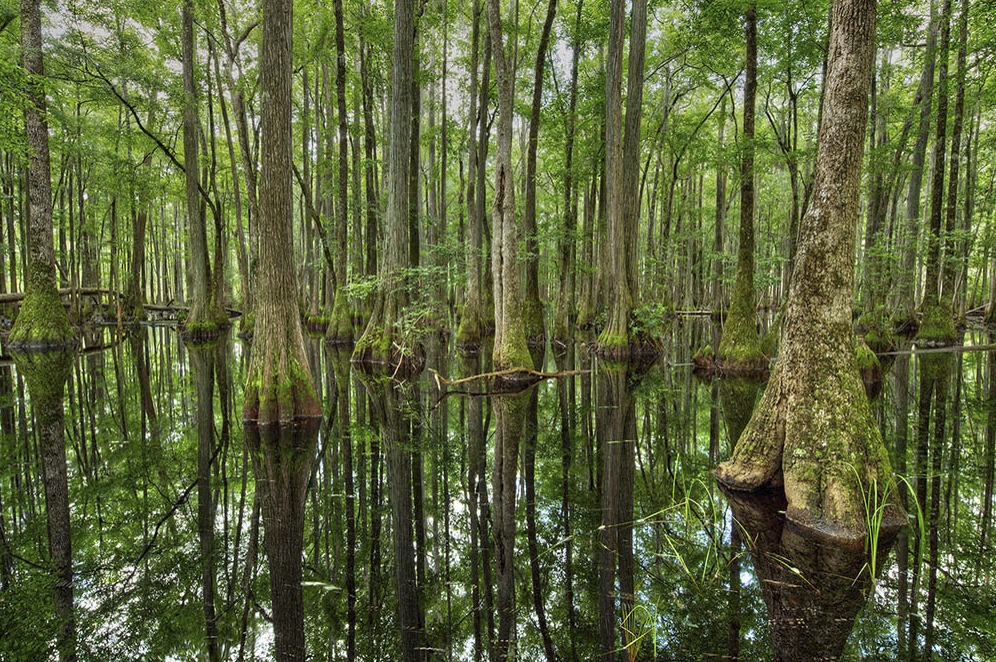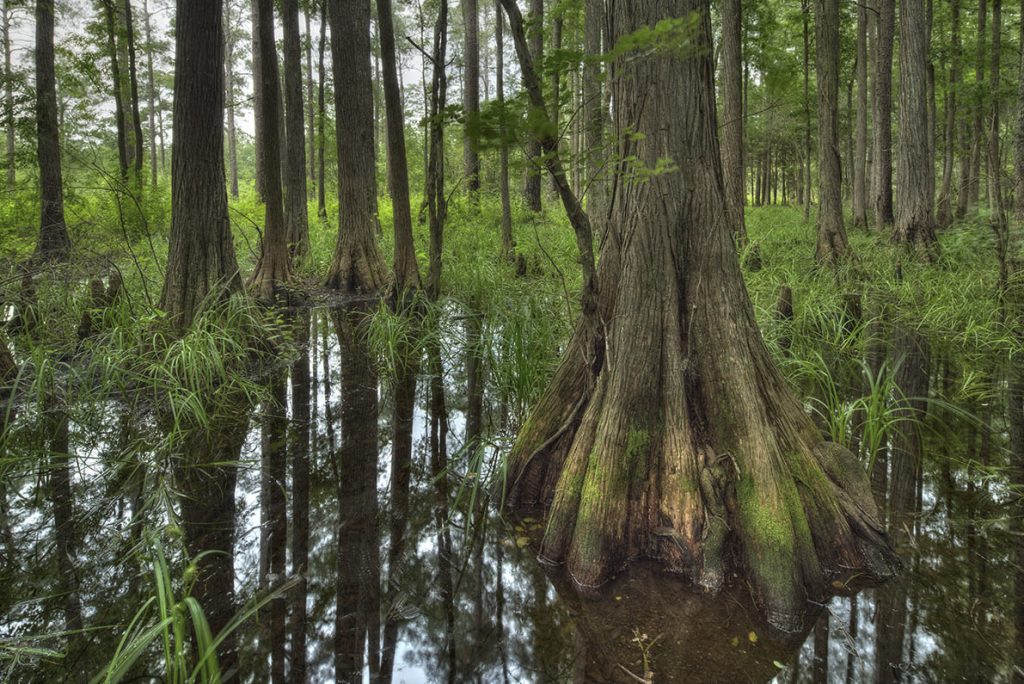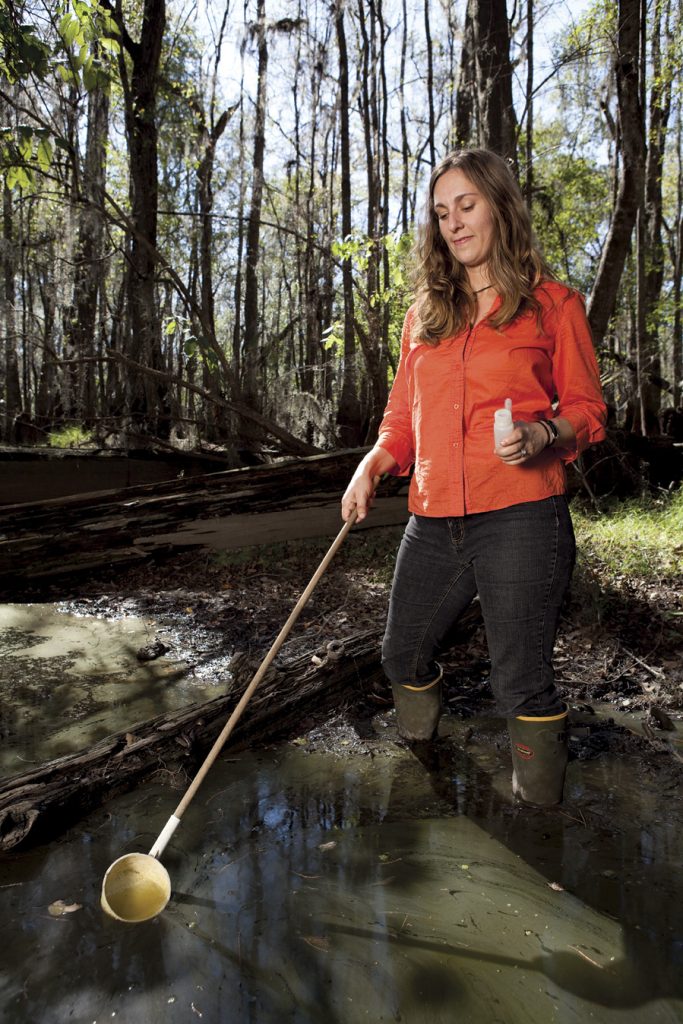Water is essential for life, yet is becoming increasingly scarce. Globally, humans are already using more than half of the available freshwater every year. Our increasing demand for water threatens the health of streams, rivers, wetlands, lakes, and the biota that live within them. We use the lower Flint River Basin as a case study for understanding and providing solutions to water scarcity.
